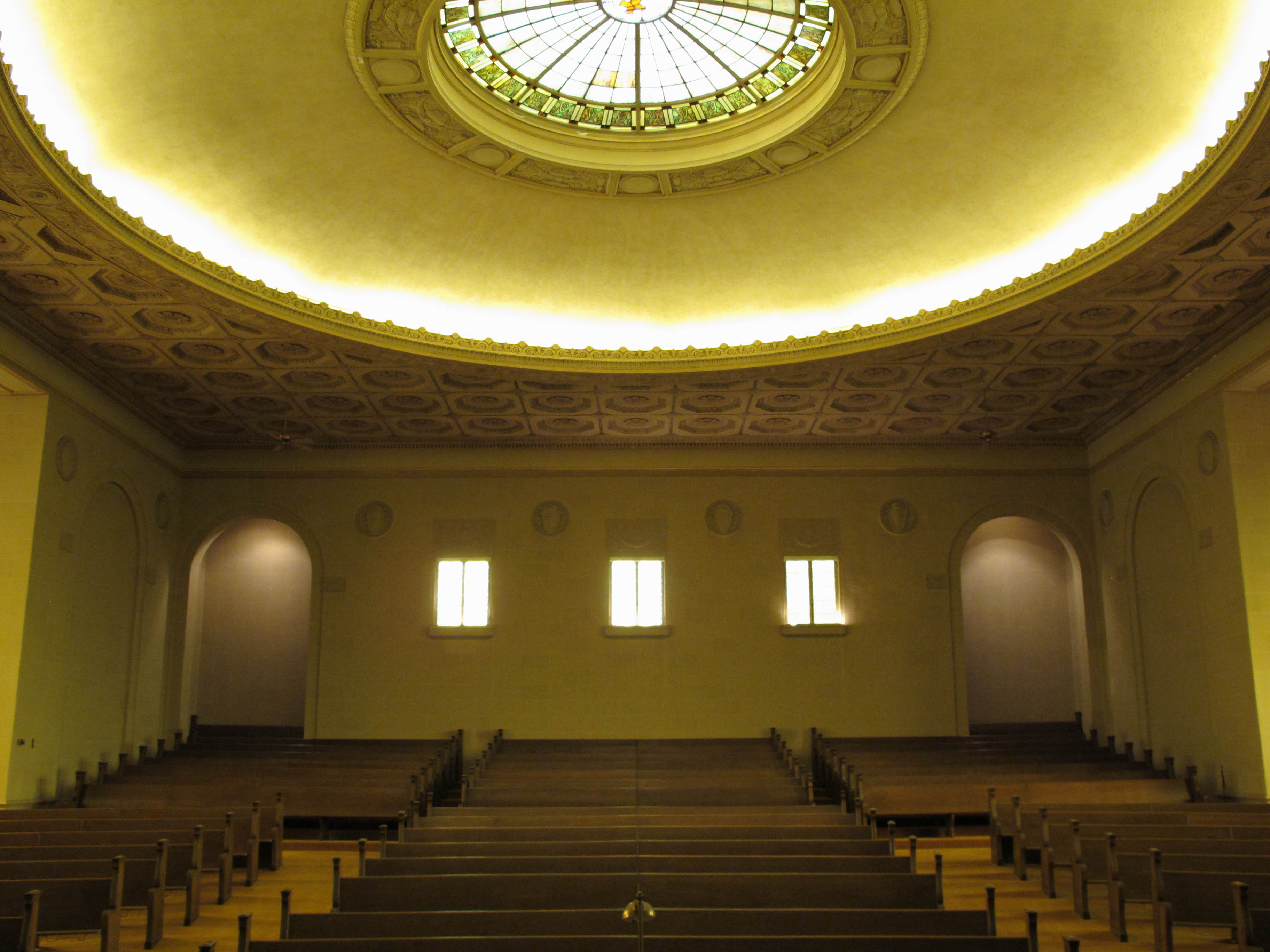In the digital age, is anything a secret? What comprises the unknown when a search engine is at hand? These…
Religion and digital culture

In one of 2013’s most viral videos, Fox News’s chief religion correspondent, Lauren Green, interviewed Reza Aslan about his book Zealot: The Life and Times of Jesus of Nazareth. “I am a scholar of religions,” Aslan felt forced to insist, over and over, in response to Green’s interrogation about his identity as a Muslim. Green never seemed to accept his repeated assertion of academic credentials, but the interview helped propel Aslan’s book about the historical Jesus to number one on the New York Times bestseller list.
The disconnect between Aslan’s appeal to professional bona fides and Green’s fixation on personal beliefs is just one reminder of how poorly understood the very idea of studying religion remains. The clip’s infectious dissemination on the Internet, furthermore, suggests that the time may be ripe for a fresh presentation of what the study of religion can do—for scholars and journalists, and for the digital publics that made the Aslan interview go viral.
The task before us is to reconsider how we think about religion and the secular in a world that claims to have put everything on the Internet, that takes what goes viral as true. The study of religion might be thought of as a quintessential hack—a practice of exploring, of taking apart, of using whatever means are available for revealing how the machine works, and maybe even of grasping the ghost inside. But the presumed authority in a hacker’s hubris, an academic’s credentials, or an interview’s virality can be as deceptive as it is alluring. The insights that technological metaphors might bring to our understanding of religion must be considered alongside what looking only through the lens of technology leaves out.
In this series on thinking about religion in a digital age, scholars and journalists consider their respective crafts and the media through which they practice.
Religion: The Game
Envy the life of a Harry Potter fan. Her imaginary world is barely imaginary. She can walk into the halls…
How to make someone famous for the wrong reason
Shahin Najafi never set out to be a rapper, much less “Salman Rushdie of Rap,” but in early 2012, global…
Twitter, scripture and practice: A twessay on #ttQuran
In the name of God, the Most Compassionate, the Most Merciful #ttQuran What is #ttQuran? We will tell you what…
When readers respond
Writing about religion in the digital age means that your readers respond. They have, of course, always responded; but in…
Comments don’t replace the news
Pope Francis has called the Internet a “gift from God.” If that’s the case, one has to wonder what message…
Anatomy of a tweet
I fell in love with the Perfect Man at a young age. He was humble, compassionate, strong, disciplined, affectionate, and,…
Give me that digital religion
Every Sunday night in Omaha, Nebraska, a small group gathers in a United Church of Christ church lobby to watch…
Religion for commoners
One of the essential early texts of the open source software movement was “The Cathedral and the Bazaar,” a 1999…
A modest defense of the listicle
If, as Umberto Eco tells it, "the list is the origin of culture," then the Internet may be culture's apotheosis.…













